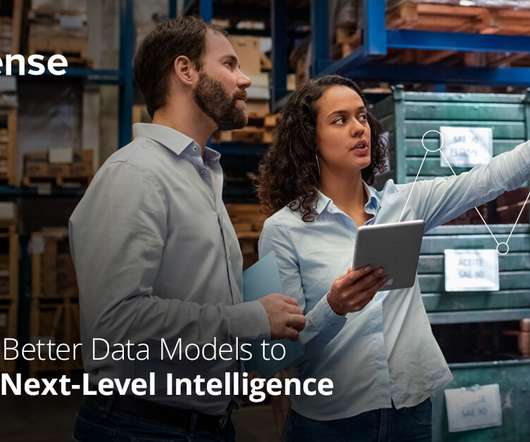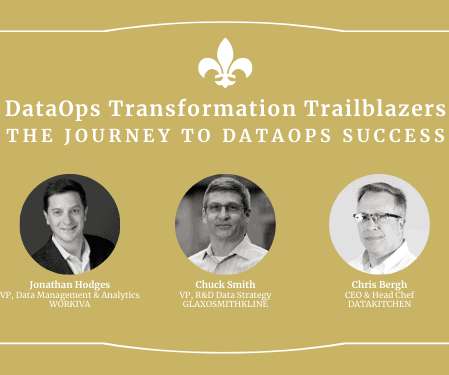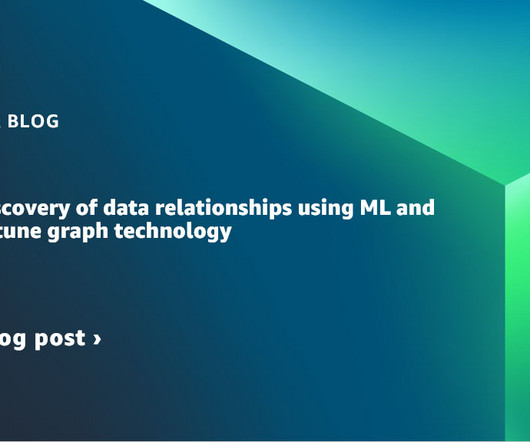Building Better Data Models to Unlock Next-Level Intelligence
Sisense
MAY 11, 2021
You can’t talk about data analytics without talking about data modeling. The reasons for this are simple: Before you can start analyzing data, huge datasets like data lakes must be modeled or transformed to be usable. Building the right data model is an important part of your data strategy.














Let's personalize your content